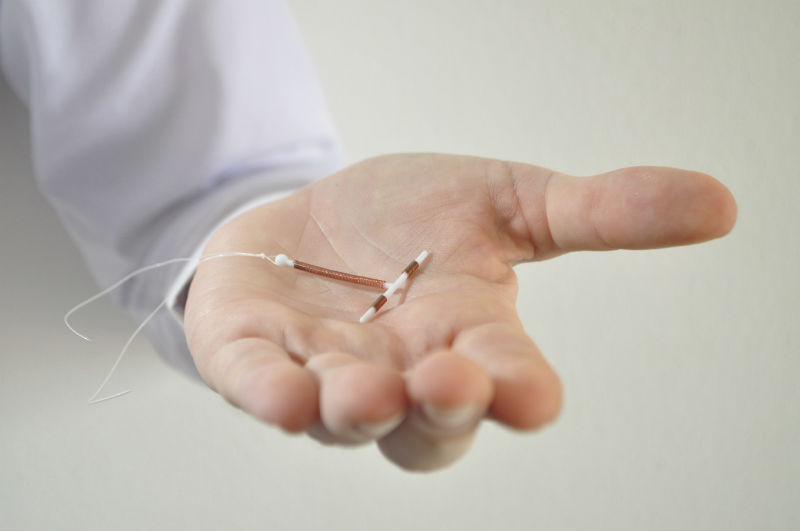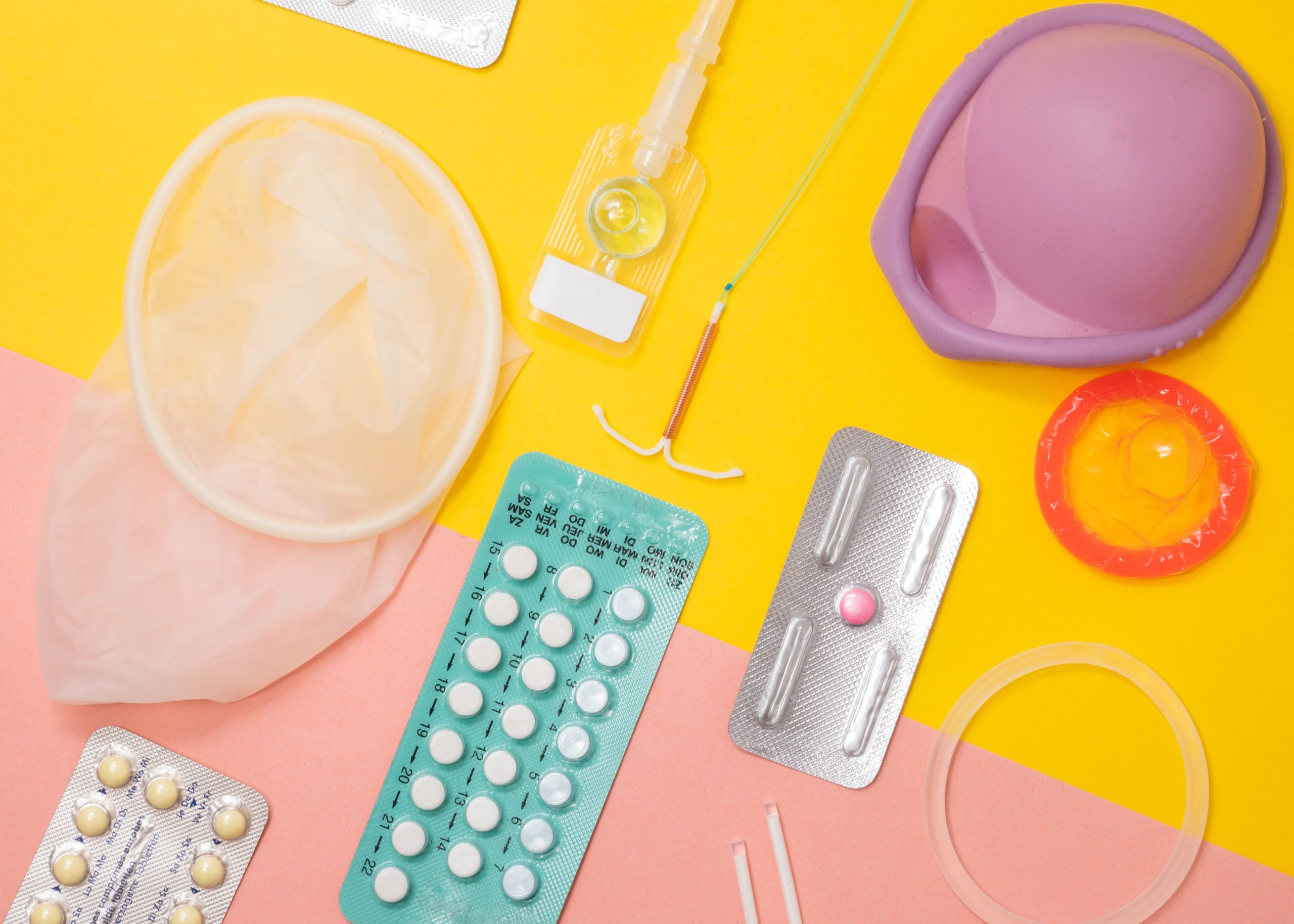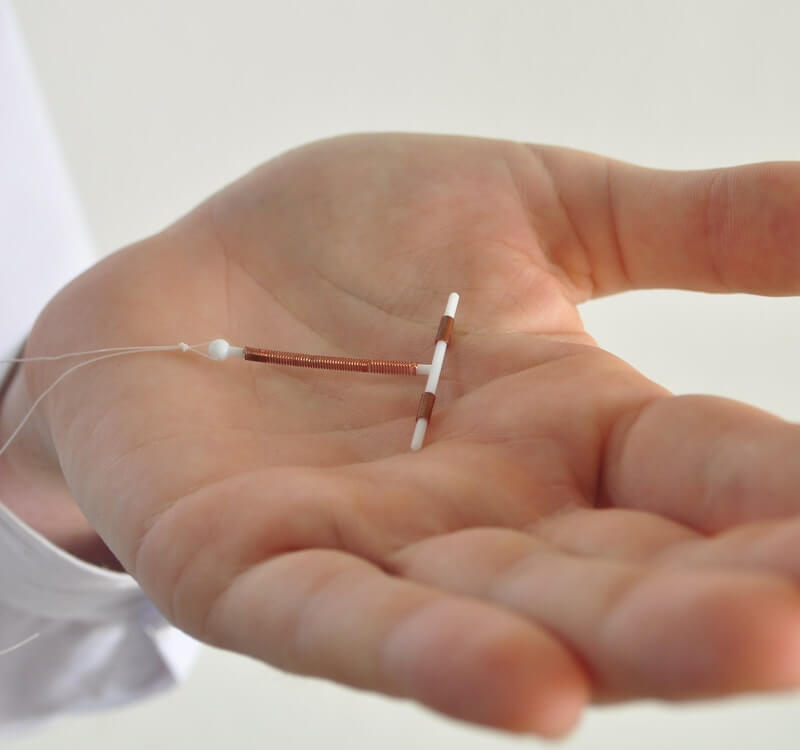Deciding to become a parent is one of the biggest responsibilities a person will have in their life. Therefore, one of the best things about the modern world is that there are so many different options to prevent pregnancy — if you’re not ready or don’t want to have any children. However, with all of these options come many questions. Condoms are relatively simple to understand. But, what about long-term alternatives, such as an intrauterine device (IUD)? How does it work? For how long does it last? And, how effective is it?
What Does IUD Stand For?
An intrauterine device (IUD) is a popular method of birth control among women. IUDs have many benefits, but you should talk with a doctor to discuss if it’s right for you before getting one. If you are considering getting an IUD, here are a few things you should know.
How does an IUD work?
There are different types of intrauterine devices. They are all small, T-shaped instruments made of flexible plastic. The traditional one (Paragard) is surrounded by copper. This is an important fact because the copper ions inhibit the ability of sperm movement. Eventually, sperm dies off before getting the chance to get anywhere near the eggs.
In addition to Paragard, there are several intrauterine devices that work by releasing progestin (Skyla, Kyleena, Mirena, and Liletta). IUDs that release progestin prevent the ovaries from releasing an egg. In addition, the extra hormones change the thickness of the mucus lining the cervix and the uterus. This inhibits sperm movement, until eventually, the sperm dies off.
What are the popular types of IUDs?
Before you get an IUD, you should decide which type of IUD better suits your needs. There are different brands of IUDs, but most are either hormonal or copper. A copper IUD is usually a small T-shaped piece of plastic wound in copper wire. The copper acts as a spermicide, and it also damages sperm mobility and viability. Hormonal IUDs, such as Mirena and Skyla, release low levels of progestin, which inhibits ovulation and makes it difficult for sperm to penetrate the cervix.
How is an IUD inserted?
Prior to inserting an intrauterine device, your OB-GYN will want to discuss your medical history, then do an examination of your vagina, cervix, and uterine — just like at a regular annual exam. While the speculum is still in your vagina, your doctor will use a tool to push the IUD through the opening of the cervix. This often feels like experiencing cramps. However, your gynecologist may suggest taking pain medication or use a topical numbing ointment, so that you don’t feel discomfort during insertion. The entire process takes about five minutes.
How soon does an IUD start working?
Paragard starts working as soon as it is inserted. It can also be used as emergency contraception. Specifically, Paragard can decrease the likelihood of pregnancy by more than 99.9% if you get it within five days of unprotected sexual intercourse. Do note that this only works with a copper IUD. Hormonal intrauterine devices do not work as emergency contraception.
A hormonal IUD is effective immediately only if it’s inserted within seven days after the start of your period. If you get it inserted after that, you’ll need to use a backup birth control method — such as condoms — for the first week.
How long does an IUD last?
Paragard will last up to 12 years. Skyla is effective in preventing pregnancy for up to three years. Kyleena works for up to five years, while Mirena and Liletta are effective for up to seven years. Discuss the different options with your OB-GYN to determine which one would be the best choice for you. While each IUD option can last several years, it’s important to know that if you change your mind about pregnancy, an IUD can be easily removed before expiration.
How does an IUD affect your period?
Paragard will not change your regular cycle. However, you may experience heavier and longer periods. This side effect usually diminishes within the first three months. On the other hand, hormonal IUDs may cause lighter or irregular periods.
How effective is an IUD?
Intrauterine devices are more than 99% effective in preventing pregnancy. However, it’s crucial to keep in mind that they do not protect you from sexually transmitted infections. Keep this in mind if you’re having sex with a new partner who has not been tested for STIs.
IUDs are also an ideal form of birth control because, unlike oral contraception, you won’t forget to take it. And, unlike condoms, there is no chance of forgetting to get one, storing it incorrectly, piercing it, using it past the expiration date, or putting it on incorrectly.
If You’d Like To Get an IUD, OB-GYN Women’s Center Can Help
At OB-GYN Women’s Center, we aim to make all of our patients feel comfortable. And getting answers to all your questions is the first step in getting the treatment you need.
Contact us to schedule an appointment.




